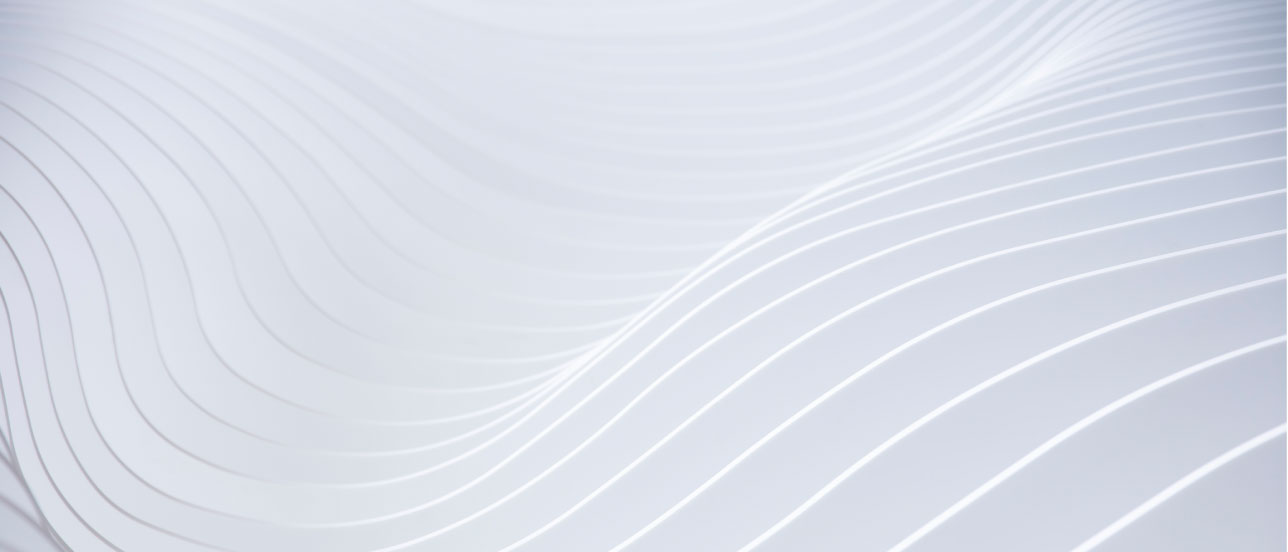Digital Architecture and Emergent Futures

Programme overview
During the initial three semesters students follow parallel tracks of design, theory, and computational tools. Semester 4 is devoted to the degree project.
The links below will direct you to the course syllabus for each course in the programme. Note that this programme only consist of mandatory courses!
Semester 1
- Spatial Experiments I (course code ASEN01, design course), 15 ECTS/credits
- Spatial Experiments I, (ASEN10, theory course), 7.5 ECTS/credits
- The Creative Tools of Architecture I (AAHN15, tool course), 7.5 ECTS/credits
Semester 2
- Spatial Experiments II (ASEN05, design), 15 ECTS/credits
- Spatial Experiments II, (ASEN15, theory), 7.5 ECTS/credits
- Programming for Architects (ASEF01, tool), 7.5 ECTS/credits
Semester 3
- Computational Design Studio (ASEN25, design), 15 ECTS/credits
- Computational Design Theory (ASEN20, theory), 7.5 ECTS/credits
- Applied Robotics for Architects (FRTN80, tool), 7.5 ECTS/credits
Semester 4
Design courses
The design courses will emphasize the transformative powers of digital technologies, with a particular focus on ecological and social sustainability. Design courses builds on a historical and theoretical trajectory of intersections between art and technology through experimentation, criticality, and representation. Students engage with complexity of form, organization, and function, and leans methods to generate and understand such complexity through bottom-up processes and process led design, often with an emphasis on the physical prototype.
The first semester studio, Spatial Experiments I, is an introduction to computational and process-driven design. Through a case study project in an arid region in the Global South, students engage with and learn from the local climate, biology, and vernacular building traditions. The unfamiliar context becomes a tool to leave behind preconceptions and engage with novel approaches. The second semester studio, Spatial Experiments II, features projects briefs set in European and Scandinavian settings where students engage with cultural contexts and changing identities. A central theme is how to use computational design tools within established architectural practice.
In the third semester the design studio, Computational Design Studio I and II, takes on a workshop format that invites new perspectives, disciplines, and approaches.
Theory courses
The theory courses will provide an understanding of the historical and contemporary context of computational design, and insight in how it is poised to change architectural practice in the future. In these courses students learn through readings and discussions, and through writing they formulate their own insights, interests, and standpoints.
Tool courses
In the first semester, Creative Tools of Architecture teaches the basics of parametric design and digital fabrication, primarily using Grasshopper 3D and the school’s fabrication and workshop facilities.
In the second semester, Programming for Architects, introduce the students to programming in applied CAD contexts, allowing them to extend and alter the inherent software capabilities as well as interface with digital fabrication through G-code and other means.
In the third semester, Applied Robotics for Architects teaches the students how to use the university’s construction robotics lab and explore innovative approaches of automation.
Degree project
Students are given the opportunity to synthesize the previous courses in semester 1, 2 and 3 into a degree project in semester 4, that follows their preferred individual trajectory with the dedicated support of their supervisor and examiner. Industry and societal collaborations are encouraged during the Degree project.
